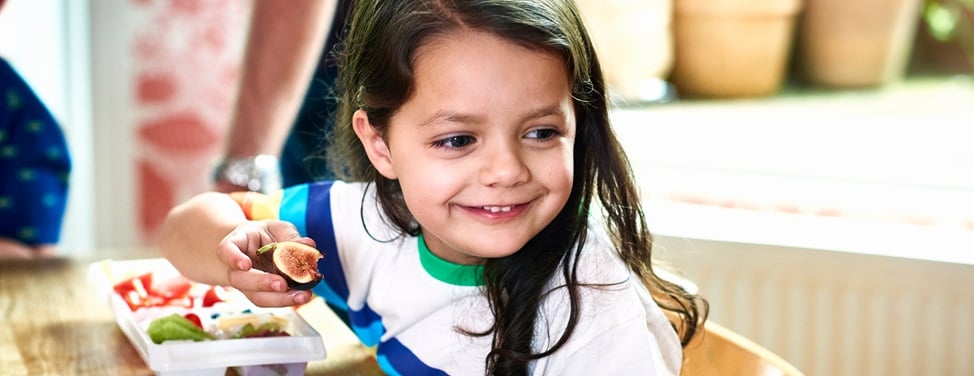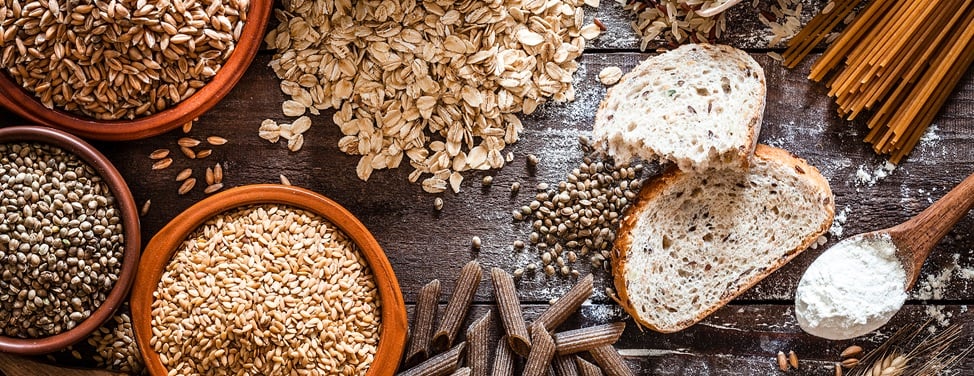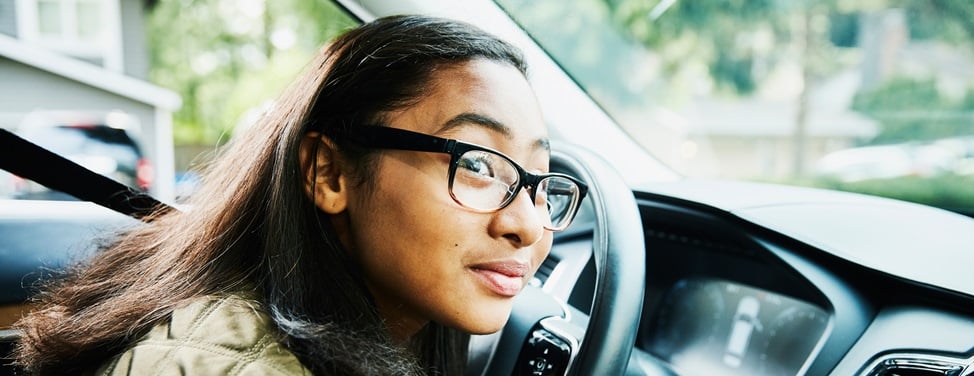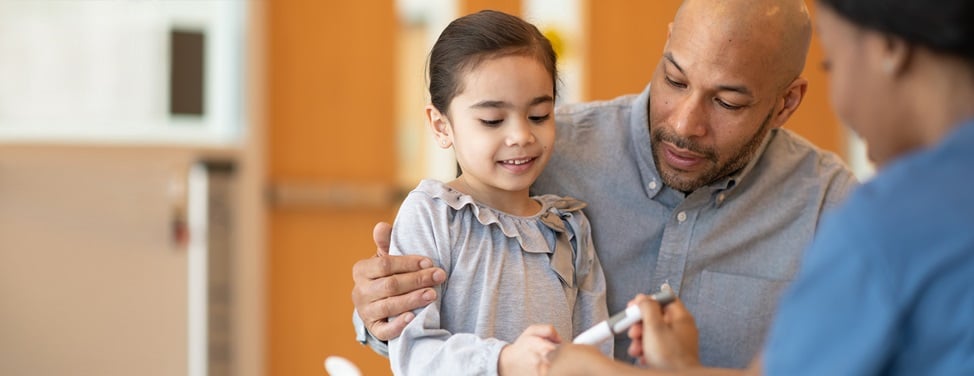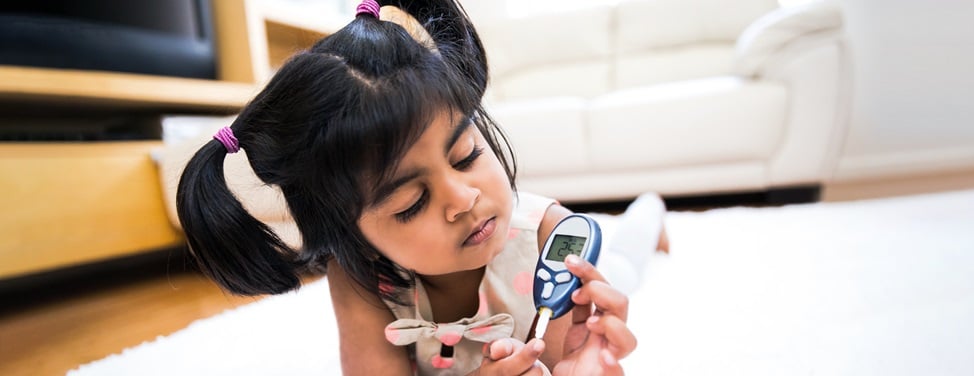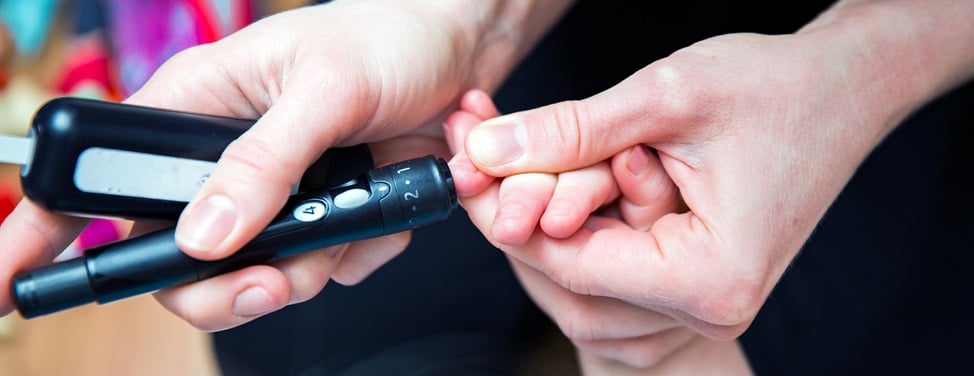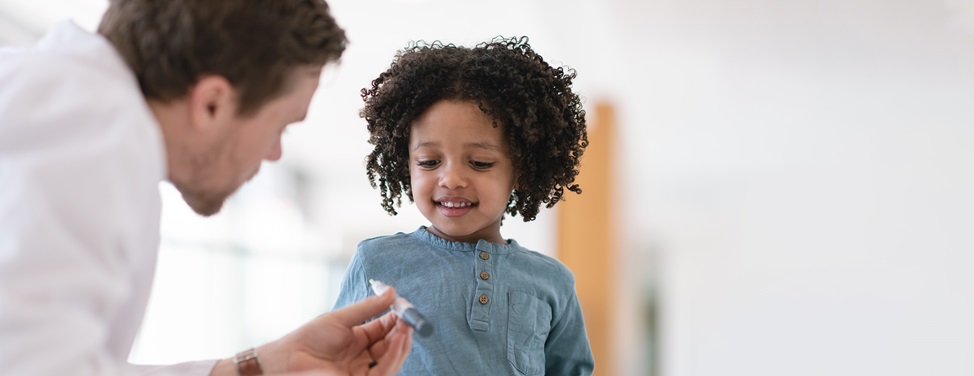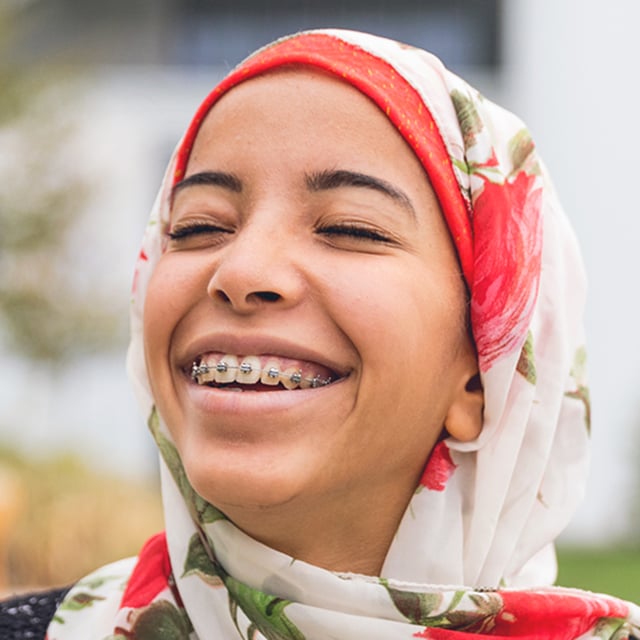Hyperglycemia is the medical term for too much sugar in the bloodstream. It's the hallmark of both type 1 and type 2 diabetes. Learning to keep your child's blood sugar in the normal range can protect against the long-term complications of diabetes.
Signs of hyperglycemia include:
- Extreme thirst
- Frequent urination
- Fatigue
- Behavioral changes, such as irritability
- Bed-wetting
- Stomachache
- Blurry vision
If your child has three blood sugar readings above 180 mg/dL at the same time of day over the course of several days, please call the Diabetes Clinic and ask to speak with the diabetes educator.
If your child is a patient of our Oakland clinic, please leave a voicemail for the diabetes educator listing five days' worth of blood sugar readings; we will review them and call you back with an adjustment to your child's insulin dosage.
When to check urine for ketones
Check your child's urine for ketones in the following situations:
- Your child's blood sugar measurement is above 250 mg/dL twice in a row.
- Your child is sick.
If the test shows trace or small amounts of ketones, have your child drink lots of water. Repeat the test every time your child urinates until the result is negative.
If the test shows moderate or large ketone levels, call the Diabetes Clinic immediately and ask to speak with the on-call diabetes doctor. Please have your child's blood sugar and ketone test results on hand.
Visit How to Reach the Diabetes Care Team for instructions on contacting the team during and outside of regular office hours.





























